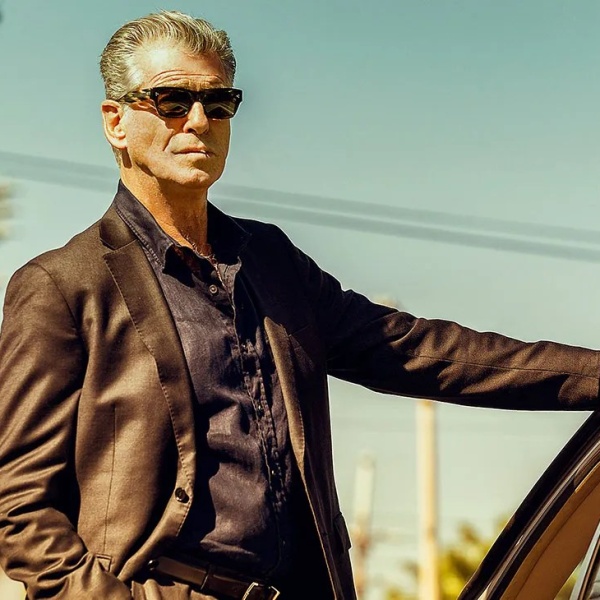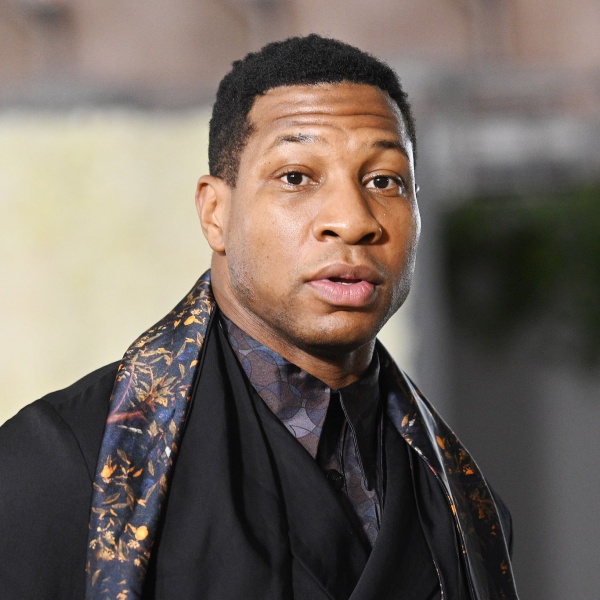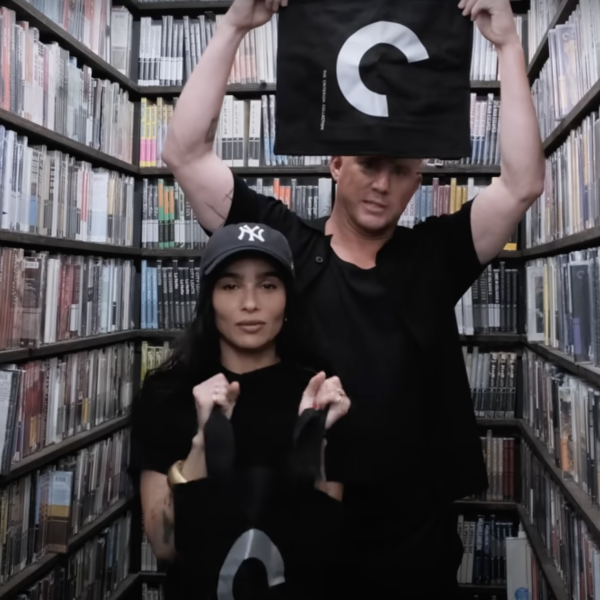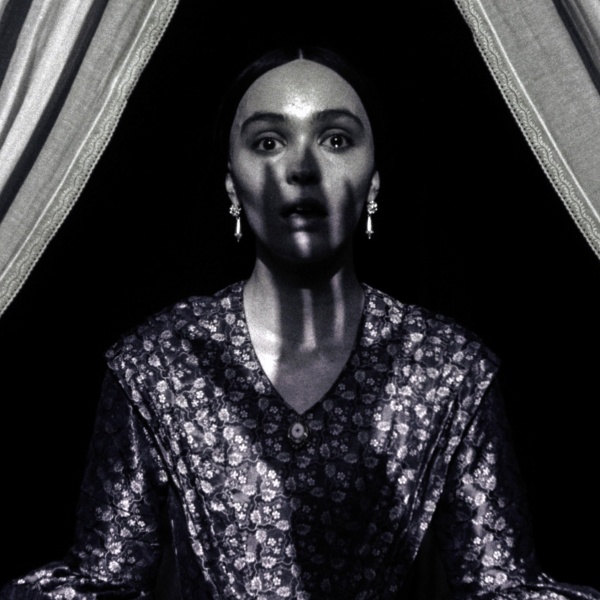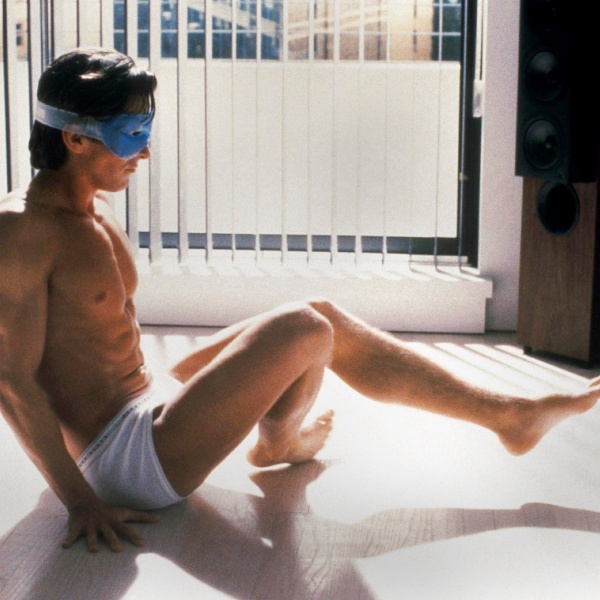Last week, Amazon made its first-ever pitch to advertisers at the annual upfronts in New York; for Netflix, it was the first it’s done in person. The streamers also pitched a whole new kind of TV show: movies.
When ad-supported tiers came to platforms like Netflix and Disney+ last year, streamers joined the annual network ritual of presenting their slates to media buyers. However, this was the first time that films entered the spotlight.
Budget-minded streaming subscribers are familar with film and TV pre-rolls as well as the ads that may drop between or during TV episodes. So far, movies and movie lovers have been spared the dreaded mid-roll — the advertisement that shows up during a movie, where it was never meant to be.
That doesn’t mean it can’t be. Brad Adgate, a media consultant and the former research director at Horizon Media, believes advertisers would jump at a mid-roll spot in a streaming feature film.
“I think absolutely they’d pay a premium,” Adgate said. “It’d be uncluttered in terms of a pod.” (An ad pod is a sequence of ads played back to back.) A one or two-minute mid-movie spot for one brand would be prime real estate.
“The viewers may not like it,” Adgate said, “but they’ll accept it.”
Or they can pay more for an ad-free plan.
It helps if the theoretical mid-movie ad is “contextually relevant,” said Logan Welbaum, formerly of Google and Meta and the founder of the AI-powered ad creator Plai.
“If you’re watching ‘Fast & Furious,’ I wouldn’t want to see, like, a real estate ad,” he said. “It might have to be like a Ford or a Porsche ad or something like that.”
Like Adgate, Welbaum also sees mid-roll ads coming, but he thinks it will start on older library films. He also knows that filmmakers will absolutely hate it.
“If I was the director, I’d be pretty upset to see a mid-roll,” he said. “It’d have to be like perfect timing at the perfect cut scene. It does interrupt the flow.”

Movies, of course, always have been broken up by ads on broadcast and basic cable. But by the time those movies reached TV, it was beyond theatrical, the physical-media release, PVOD, and SVOD. That was a final destination and purity could be put aside in favor of profit. If a film is acquired by, say, Netflix, that’s the first and last stop.
The outlier is Turner Classic Movies, which still runs its curated collections ad-free and restricts promos to before and after a film. However, the upfront presentation for TCM parent Warner Bros. Discovery spent a lot of time at the movies while pushing the concept “One WBD.” That’s a shiny new initiative WBD described as a “holistic approach to cross-company collaboration” that “will afford brands and advertisers the opportunity to connect their messages with hit films from Warner Bros. Pictures.”
As to what that precisely means, Sheereen Russell, executive VP of client partnerships and inclusion solutions at WBD, boasted in a press release that One WBD “can create bespoke opportunities for the right brands, bringing them directly into meaningful events, major film releases, and beloved franchises.”
That’s meant traditional product placement, corporate tie-ins timed to premieres, or co-marketing campaigns. There was Toyota in “Blue Beetle”; a trio of brands — L’Oréal, Starbucks, and Target — positioned themselves with “The Color Purple.” Dana Nussbaum, executive VP of worldwide marketing at Warner Bros. Pictures, described partnerships like these as “brilliant cross-company collaboration, amplifying our amazing storytelling, celebrating our creators and creating true cultural moments. We are thrilled to explore even more opportunities for brand partners around some of our biggest new releases and beloved franchises.”
Like, perhaps, Superman.
“[‘Superman’] is poised to take over the summer of 2025. We are so proud to welcome this beloved character back to the big screen,” Nussbaum said at the WBD upfront. “And we’re eager to partner with you, inviting your brands and audiences into the world of Metropolis like you’ve never seen before. From Clark Kent to Lois Lane and even Lex Luthor, there are so many opportunities to be partners with some of the most iconic superheroes — and super villains — in cinema.”
It may be worth noting here that there’s another money-making technology in play with AI product placement. Welbaum said he can imagine a green-screen effect overlaying an actual billboard, with the brand and ad to be decided later.
You know where there are a lot of billboards, ready to be green-screened? Metropolis.
Super.


